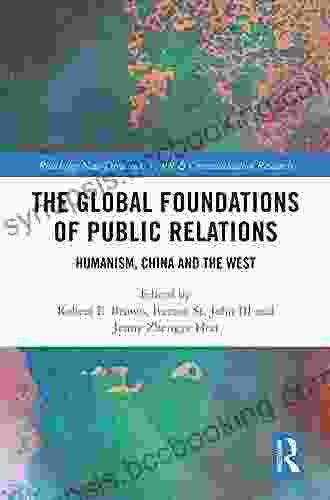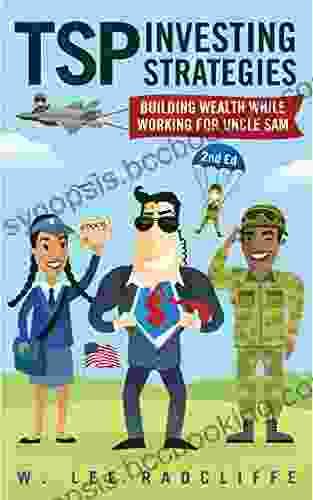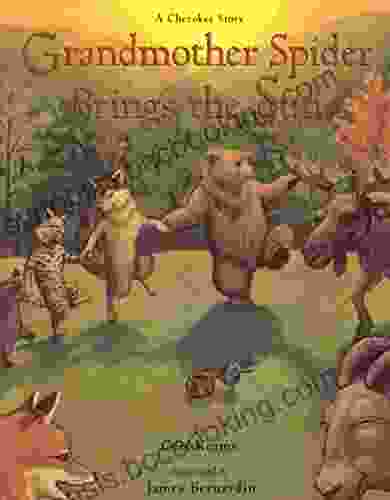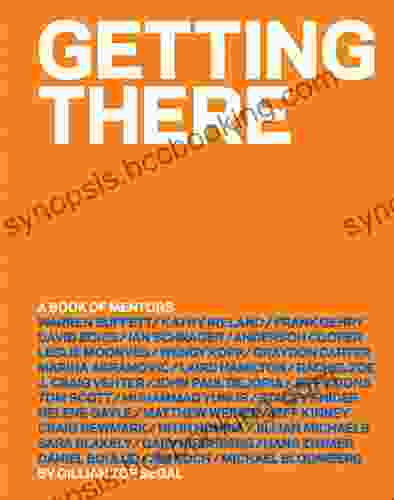Biocultural Adaptations in Human Communities: Illuminating the Interconnectedness of Culture and Nature

Since time immemorial, humans have embarked on a remarkable journey of adaptation to their surrounding environments. This intricate interplay between culture and nature has resulted in a kaleidoscope of biocultural adaptations that have enabled us to flourish in diverse ecosystems across the globe. The field of biocultural adaptations seeks to unravel the complex ways in which human communities have shaped and been shaped by their ecological contexts.
5 out of 5
| Language | : | English |
| File size | : | 3647 KB |
| Text-to-Speech | : | Enabled |
| Screen Reader | : | Supported |
| Word Wise | : | Enabled |
| Print length | : | 319 pages |
This article delves into the fascinating world of biocultural adaptations, shedding light on the interdisciplinary connections between human ecology, cultural evolution, environmental anthropology, and ethnobiology. We will explore how the unique cultural practices, knowledge systems, and beliefs of human communities have influenced their survival, resilience, and environmental stewardship.
Cultural Adaptations
Culture plays a profound role in shaping how human communities adapt to their environments. Cultural adaptations encompass the beliefs, values, norms, and practices that enable individuals and societies to thrive in specific ecological contexts. These adaptations often manifest in the form of traditional knowledge systems, resource management strategies, and social institutions.
For instance, the indigenous communities of the Our Book Library rainforest have developed an extensive knowledge base of medicinal plants and forest ecology, which has allowed them to survive and thrive in a highly biodiverse and challenging environment. Similarly, nomadic pastoralist communities in arid regions have evolved sophisticated livestock management practices that enable them to sustain their livelihoods in areas with limited water and vegetation.
Ecological Adaptations
In addition to cultural adaptations, humans have also exhibited remarquable ecological adaptations that have allowed them to inhabit diverse environments. These adaptations include physiological, genetic, and behavioral changes that enhance survival and reproduction in specific ecological niches.
One striking example is the adaptation of high-altitude communities to hypoxic conditions. Over generations, these communities have developed increased lung capacity and hemoglobin levels, allowing them to extract oxygen more efficiently in low-oxygen environments. Another adaptation is lactose tolerance, which has evolved independently in different human populations that rely heavily on dairy products for sustenance.
Biocultural Feedback Loops
The relationship between culture and nature is not simply unidirectional. Rather, it is a dynamic and interactive process characterized by biocultural feedback loops. Cultural practices can influence ecological conditions, which in turn can shape cultural adaptations.
For instance, the traditional burning practices of indigenous communities in Australia have been shown to promote biodiversity and enhance the productivity of certain plant species. Conversely, unsustainable agricultural practices can lead to deforestation, soil erosion, and other environmental problems, which can have negative consequences for human communities.
Preserving Biocultural Diversity
The preservation of biocultural diversity is essential for the well-being of both human communities and the ecosystems they inhabit. Biocultural diversity encompasses the wide array of cultural practices, knowledge systems, and ecological adaptations that have evolved over millennia.
Recognizing the importance of biocultural diversity, international organizations such as UNESCO have established initiatives to safeguard and promote this precious heritage. By documenting and revitalizing traditional knowledge systems, supporting indigenous rights, and promoting sustainable development, we can ensure that future generations can continue to benefit from the wisdom and resilience of our ancestors.
The study of biocultural adaptations provides a profound appreciation for the intricate interconnectedness of human culture and nature. It reveals the remarkable resilience and adaptability of human communities, and highlights the vital importance of preserving biocultural diversity for the sustainability of both human societies and the ecosystems we depend on.
As we navigate the challenges of the 21st century, let us draw inspiration from the wisdom and ingenuity of our ancestors. By embracing the principles of biocultural adaptations, we can strive to live in harmony with our surroundings, ensuring a sustainable and flourishing future for generations to come.
5 out of 5
| Language | : | English |
| File size | : | 3647 KB |
| Text-to-Speech | : | Enabled |
| Screen Reader | : | Supported |
| Word Wise | : | Enabled |
| Print length | : | 319 pages |
Do you want to contribute by writing guest posts on this blog?
Please contact us and send us a resume of previous articles that you have written.
 Book
Book Novel
Novel Page
Page Chapter
Chapter Text
Text Story
Story Genre
Genre Reader
Reader Library
Library Paperback
Paperback E-book
E-book Magazine
Magazine Newspaper
Newspaper Paragraph
Paragraph Sentence
Sentence Bookmark
Bookmark Shelf
Shelf Glossary
Glossary Bibliography
Bibliography Foreword
Foreword Preface
Preface Synopsis
Synopsis Annotation
Annotation Footnote
Footnote Manuscript
Manuscript Scroll
Scroll Codex
Codex Tome
Tome Bestseller
Bestseller Classics
Classics Library card
Library card Narrative
Narrative Biography
Biography Autobiography
Autobiography Memoir
Memoir Reference
Reference Encyclopedia
Encyclopedia Susan Buchholz
Susan Buchholz Patrick Hamill
Patrick Hamill Gary Chapman
Gary Chapman Scott Hawthorn
Scott Hawthorn Gary White
Gary White Gilad E Tsur Mayer
Gilad E Tsur Mayer Gary Collins
Gary Collins George Knudson
George Knudson Geoffrey Ball
Geoffrey Ball Pawel Sariel Kmiec
Pawel Sariel Kmiec Gilad Sharon
Gilad Sharon Hugh Howey
Hugh Howey Ryan T White
Ryan T White Jim C Hines
Jim C Hines Gilda Radner
Gilda Radner Gerald F Seib
Gerald F Seib Hunter Thompson
Hunter Thompson Geoff Kersey
Geoff Kersey Gerard Basset
Gerard Basset Gary Phillips
Gary Phillips
Light bulbAdvertise smarter! Our strategic ad space ensures maximum exposure. Reserve your spot today!

 Chad PriceMeet The Flying Doctors: George Ivanoff, the Trailblazing Surgeon Who Soared...
Chad PriceMeet The Flying Doctors: George Ivanoff, the Trailblazing Surgeon Who Soared... Geoffrey BlairFollow ·13.3k
Geoffrey BlairFollow ·13.3k George OrwellFollow ·3.1k
George OrwellFollow ·3.1k Ashton ReedFollow ·8.6k
Ashton ReedFollow ·8.6k Isaac AsimovFollow ·18k
Isaac AsimovFollow ·18k Jeremy MitchellFollow ·5.9k
Jeremy MitchellFollow ·5.9k Osamu DazaiFollow ·10.7k
Osamu DazaiFollow ·10.7k Dan BrownFollow ·15.3k
Dan BrownFollow ·15.3k Ike BellFollow ·16.1k
Ike BellFollow ·16.1k

 Robert Heinlein
Robert HeinleinUnveiling Humanism in China and the West: A Journey...
In our rapidly...

 Brian Bell
Brian BellBlind Boy's Unwavering Struggle Against Abuse and the...
In the tapestry of...

 Craig Carter
Craig CarterBuilding Wealth While Working for Uncle Sam: The Ultimate...
## ### Are you a federal employee who wants...

 Raymond Parker
Raymond ParkerUnveiling the Secrets of Arabic Survival: The Ultimate...
Embarking on a journey to unravel the...
5 out of 5
| Language | : | English |
| File size | : | 3647 KB |
| Text-to-Speech | : | Enabled |
| Screen Reader | : | Supported |
| Word Wise | : | Enabled |
| Print length | : | 319 pages |














